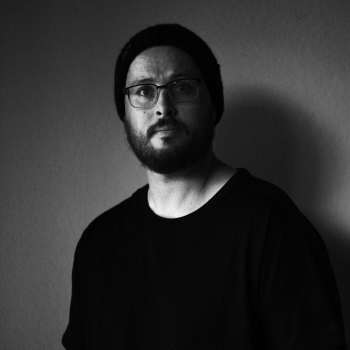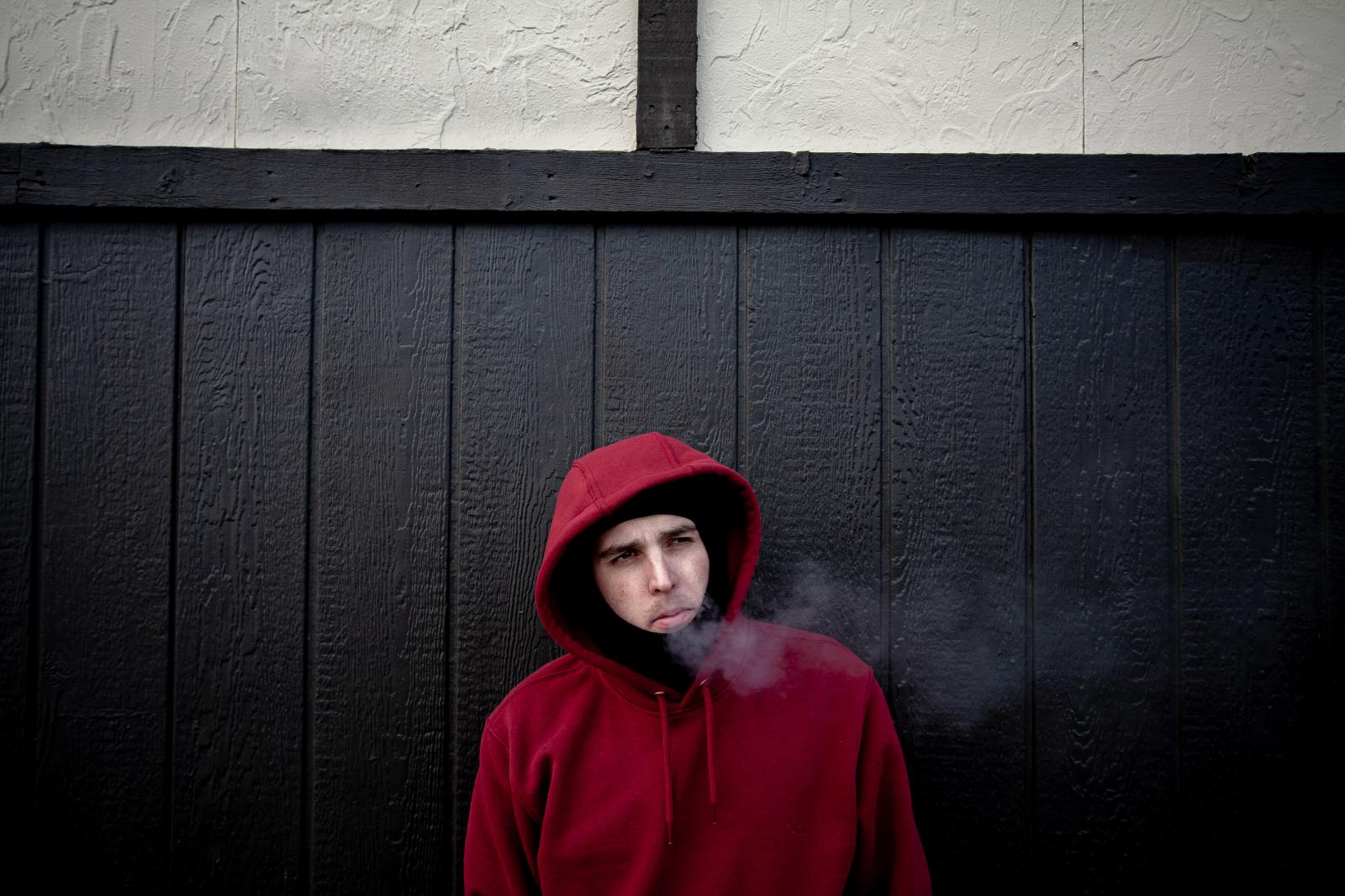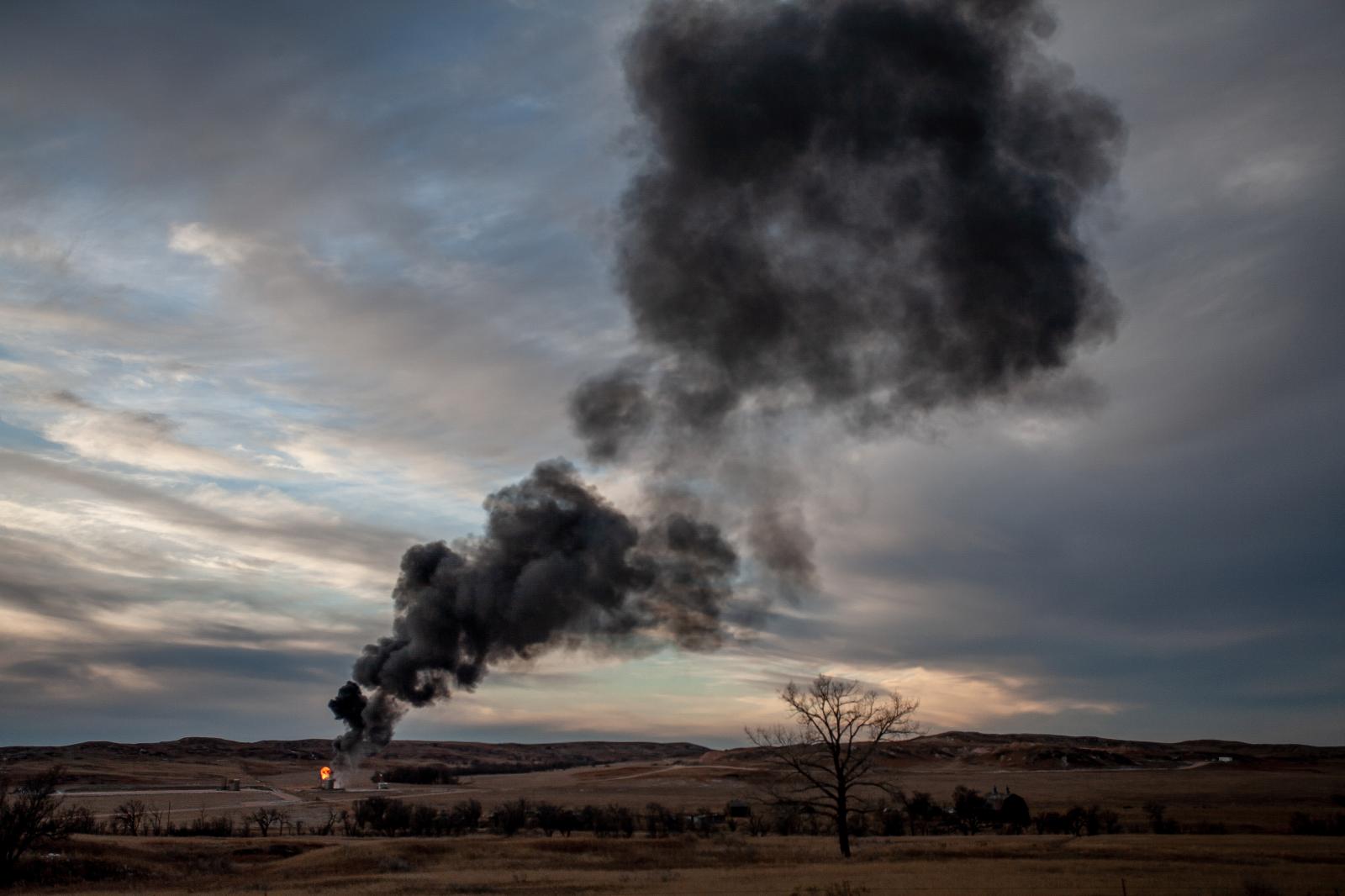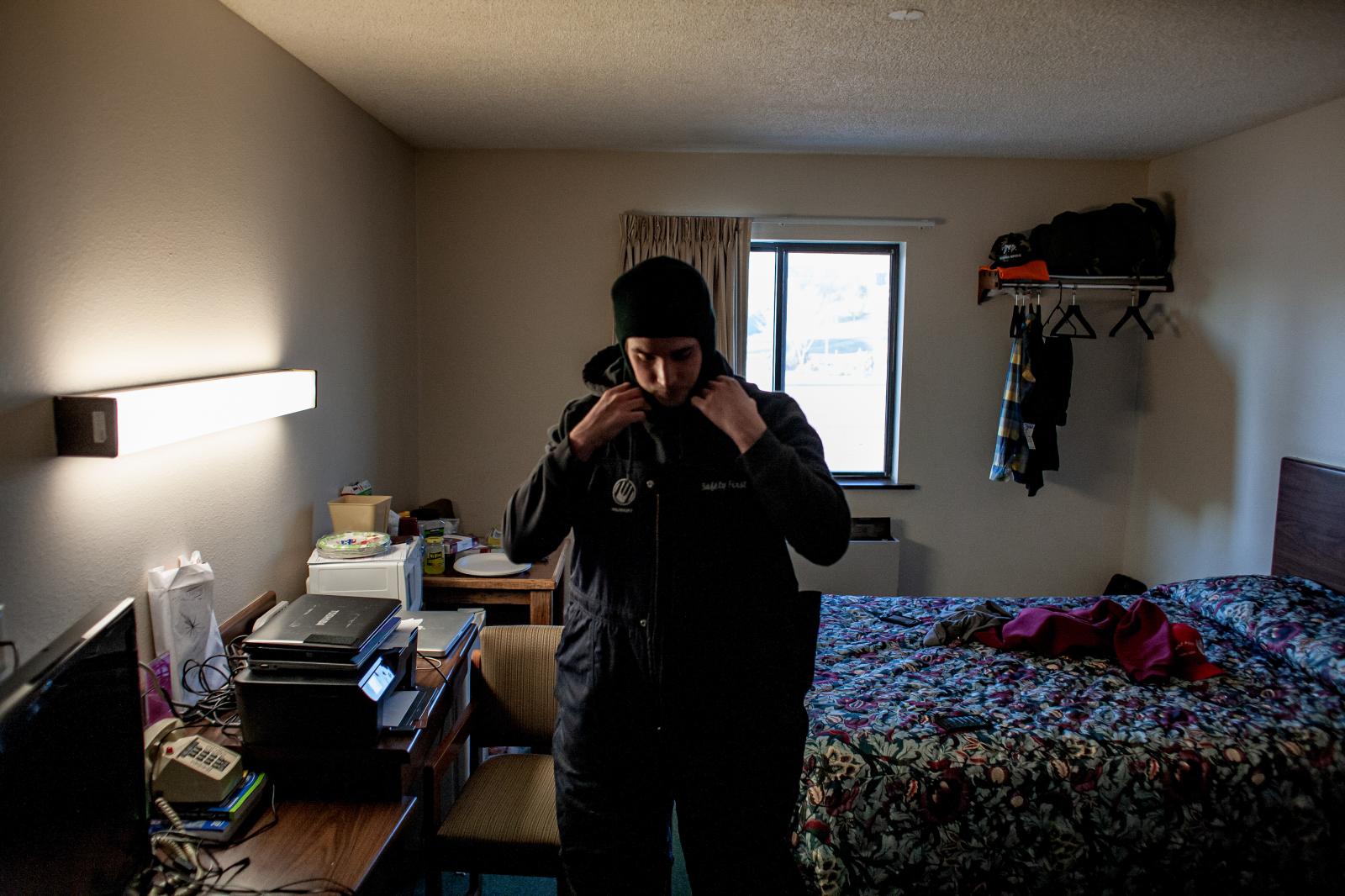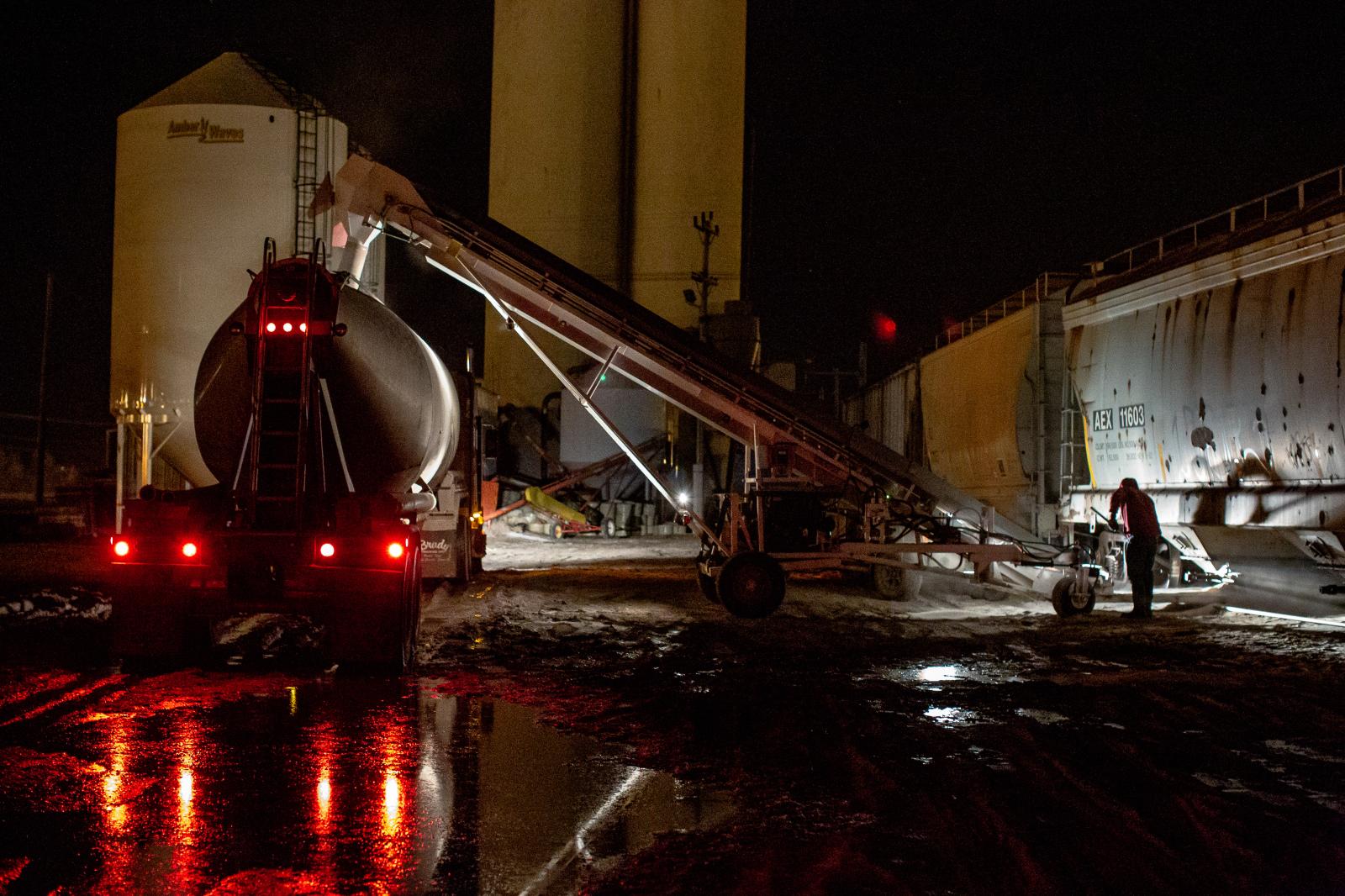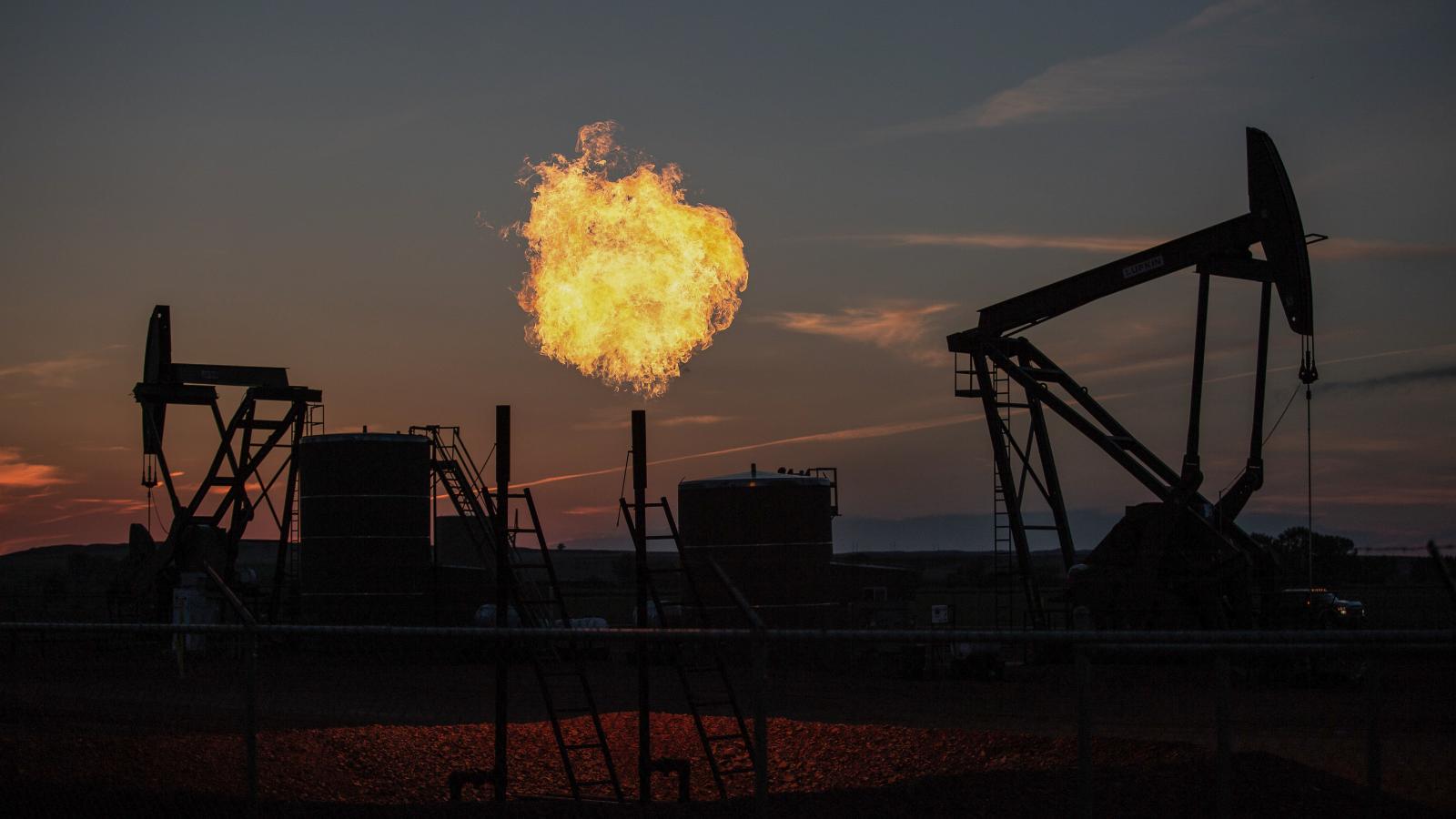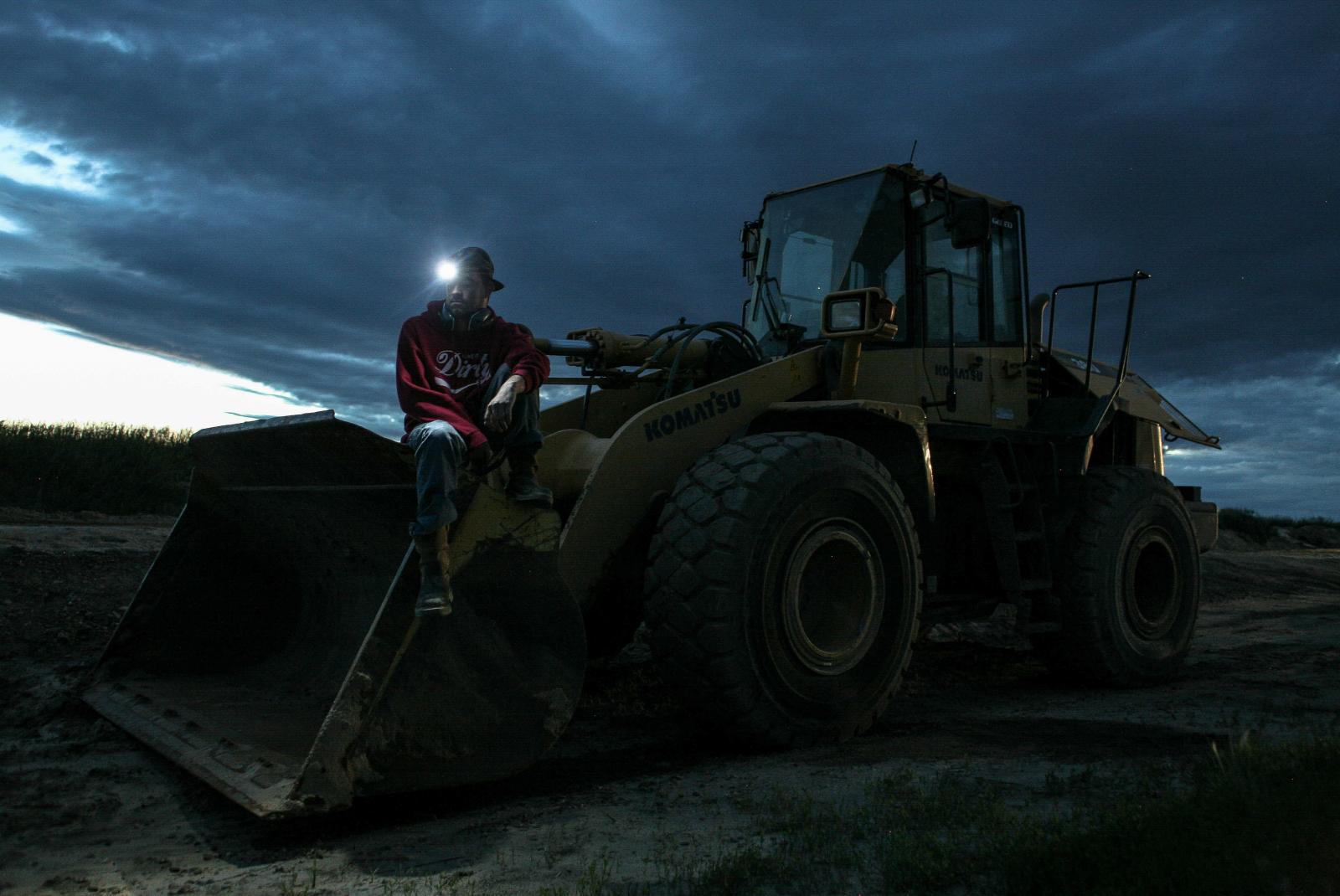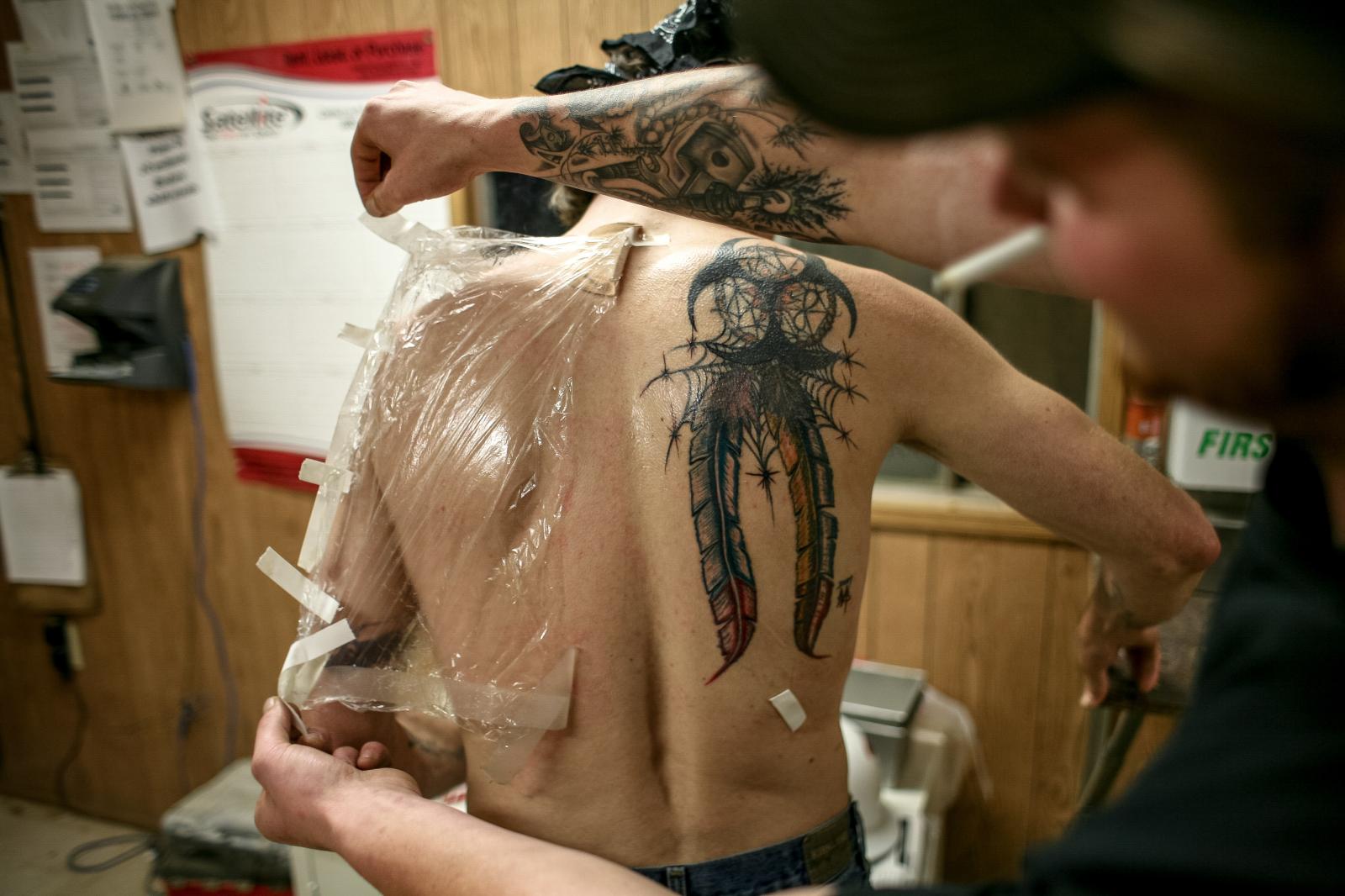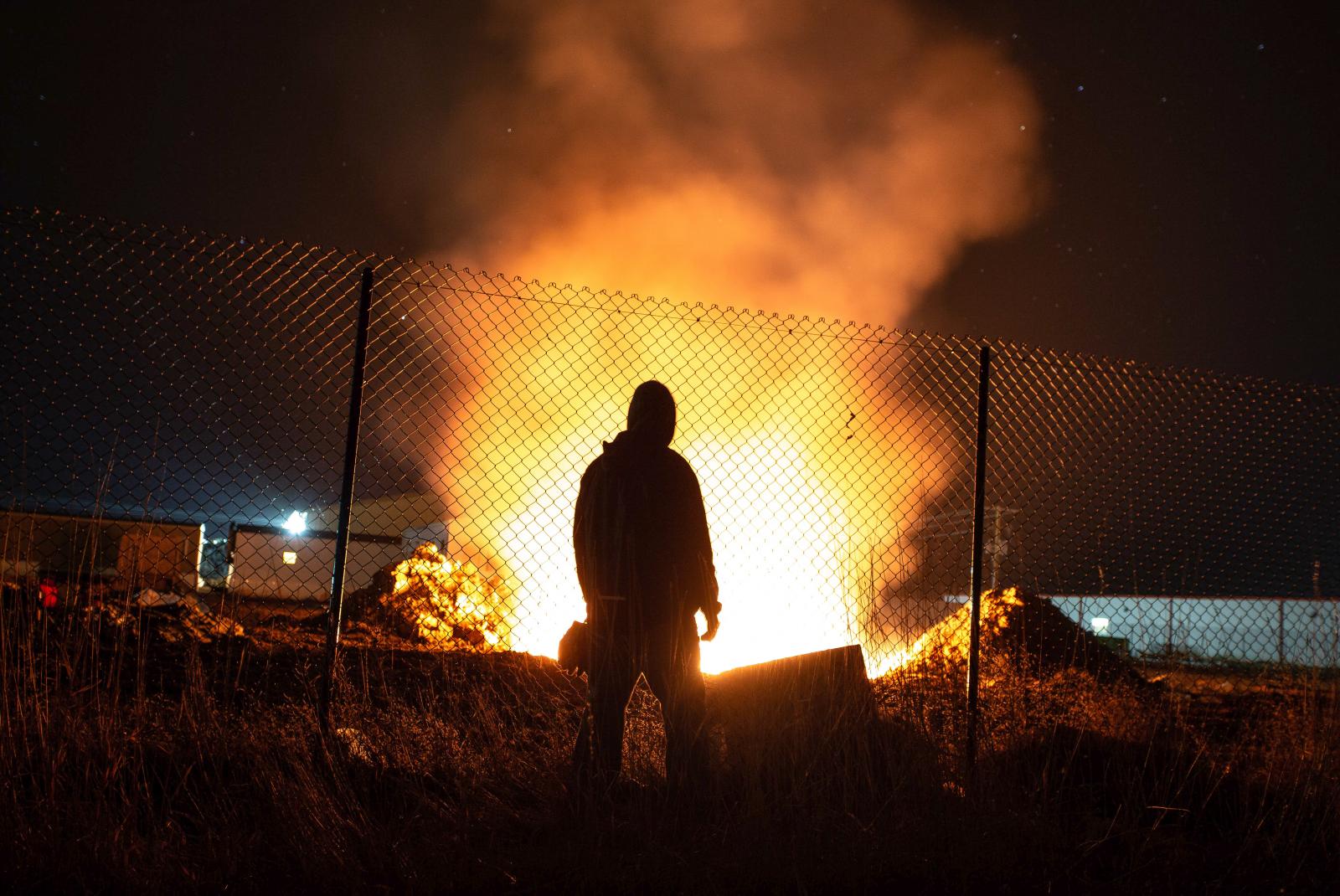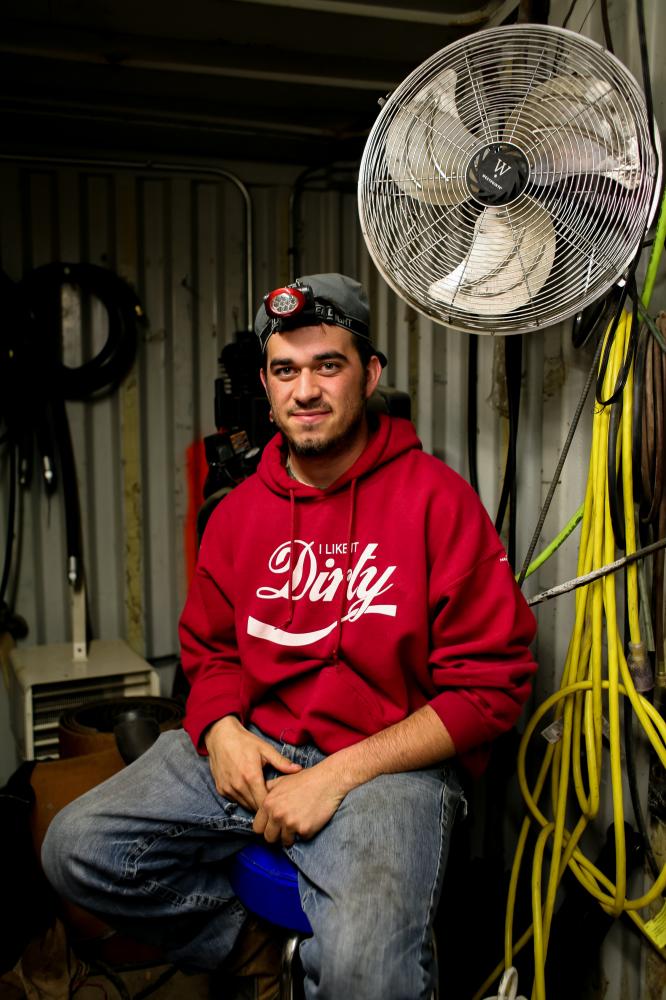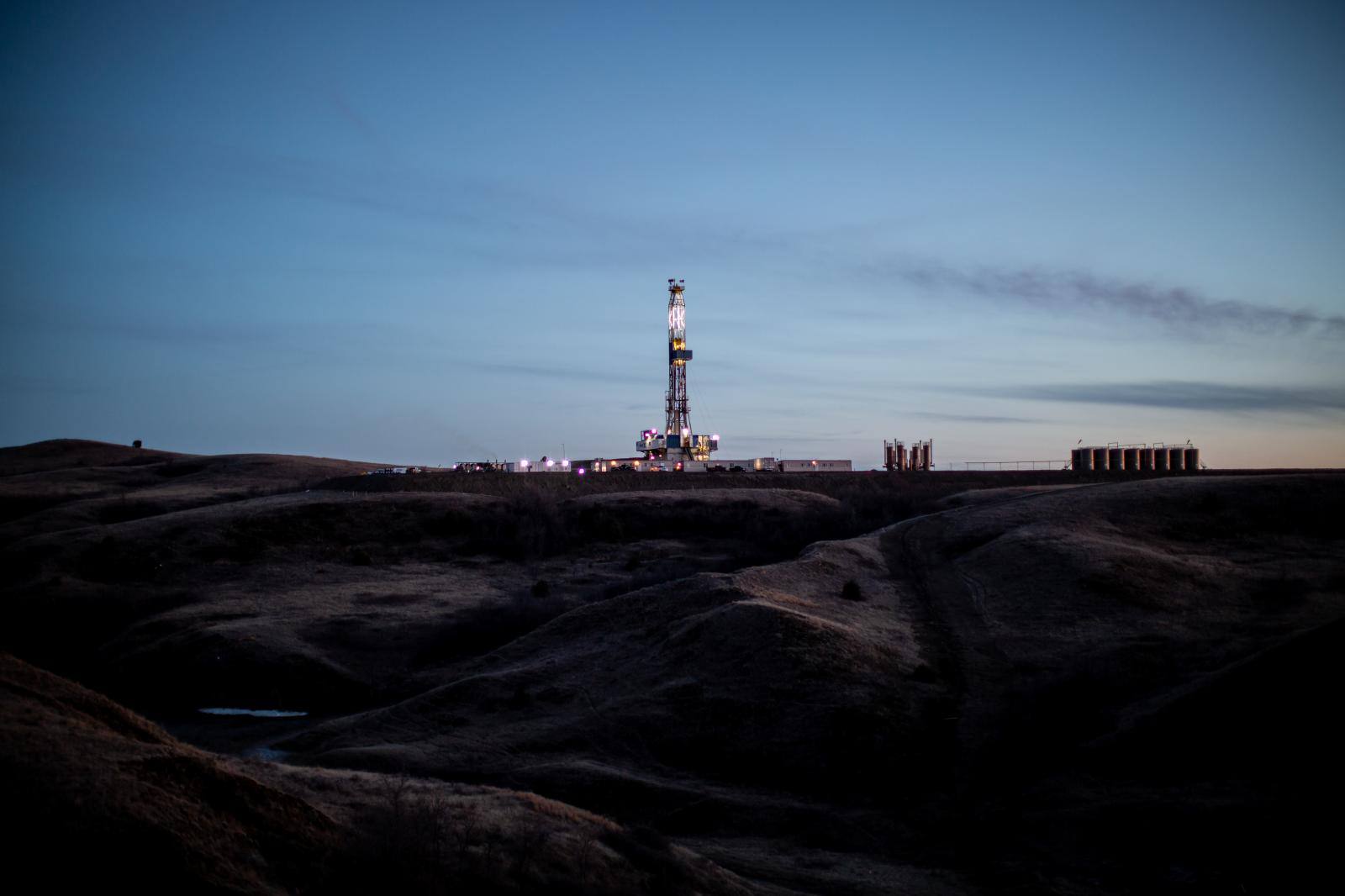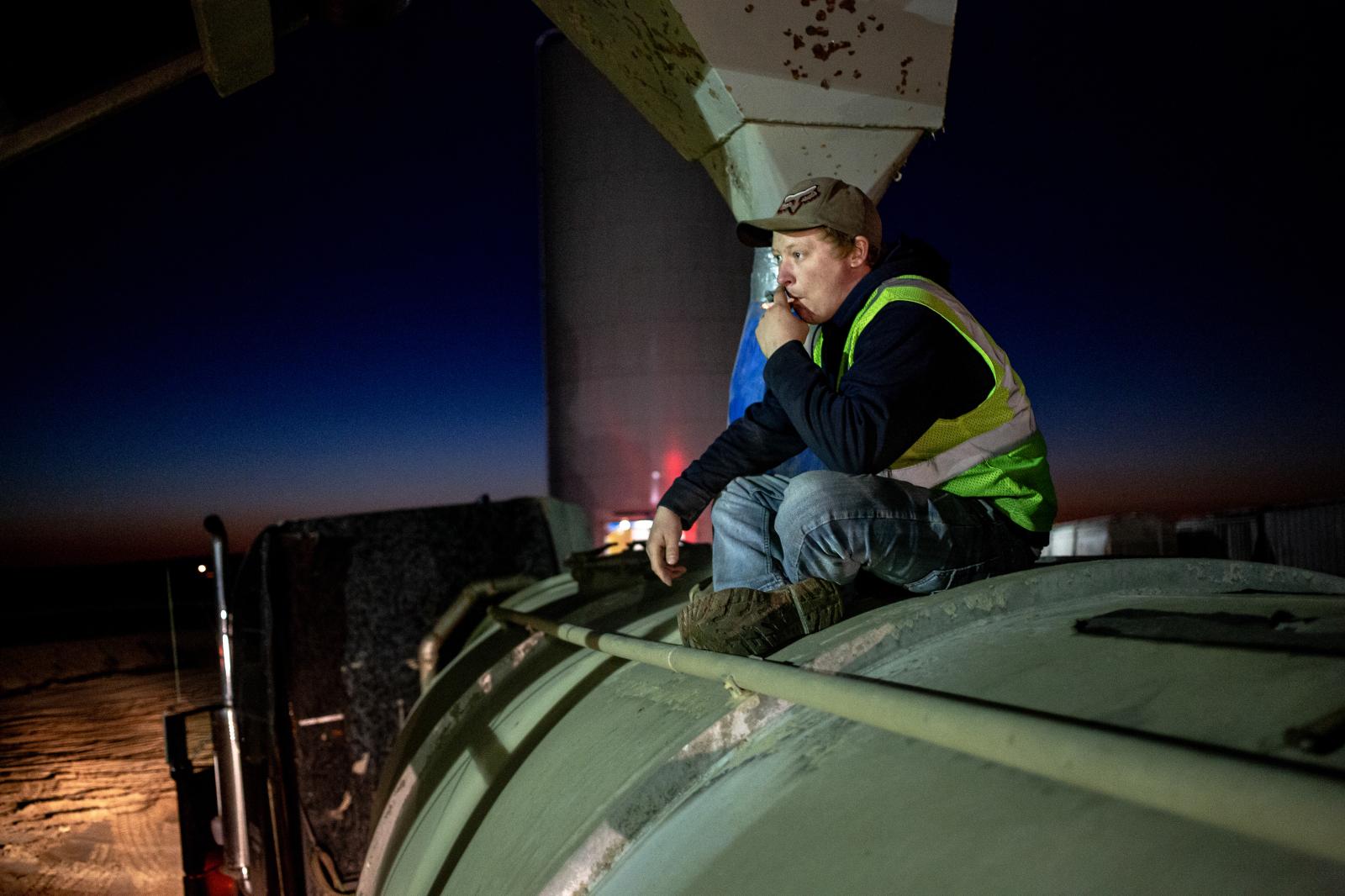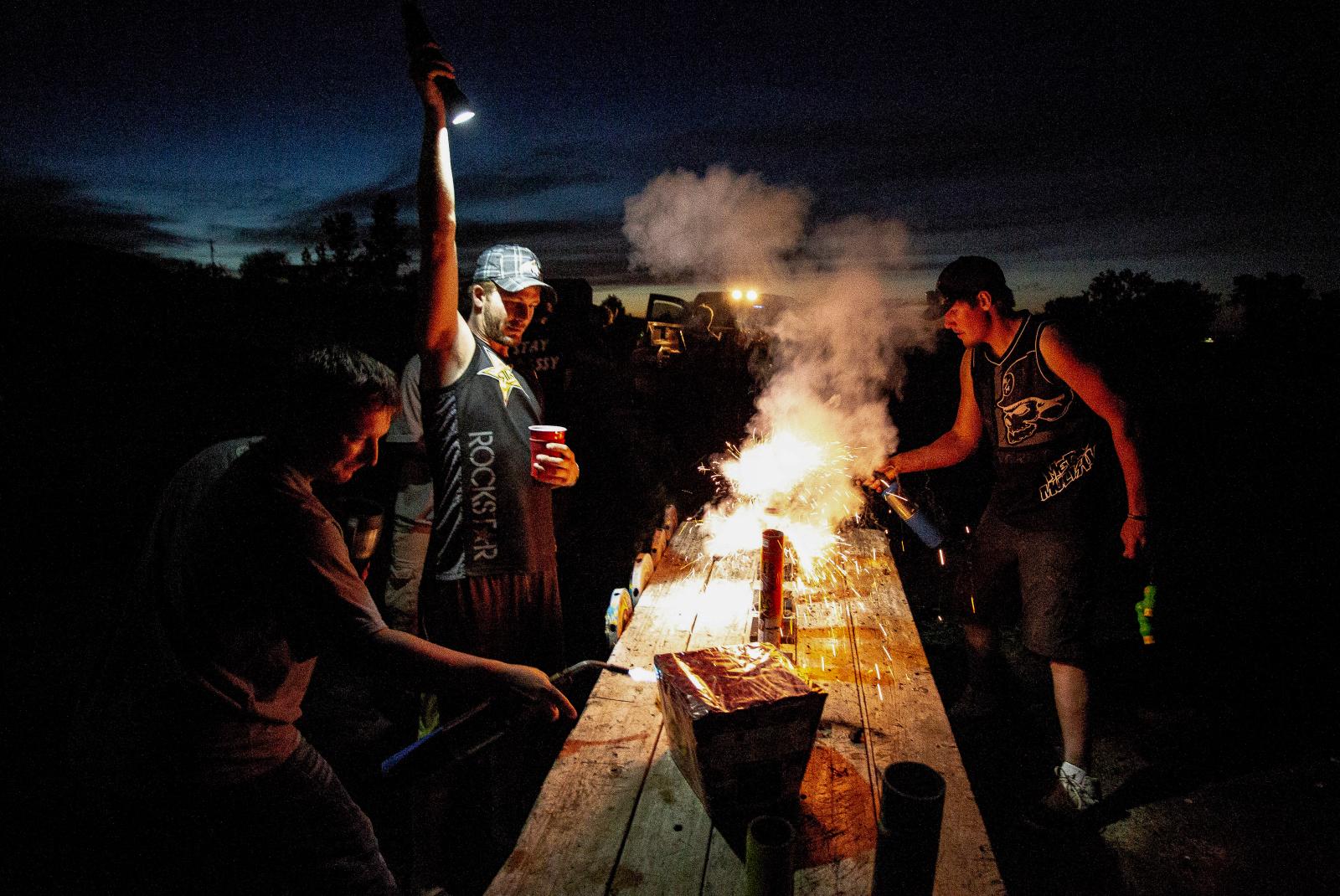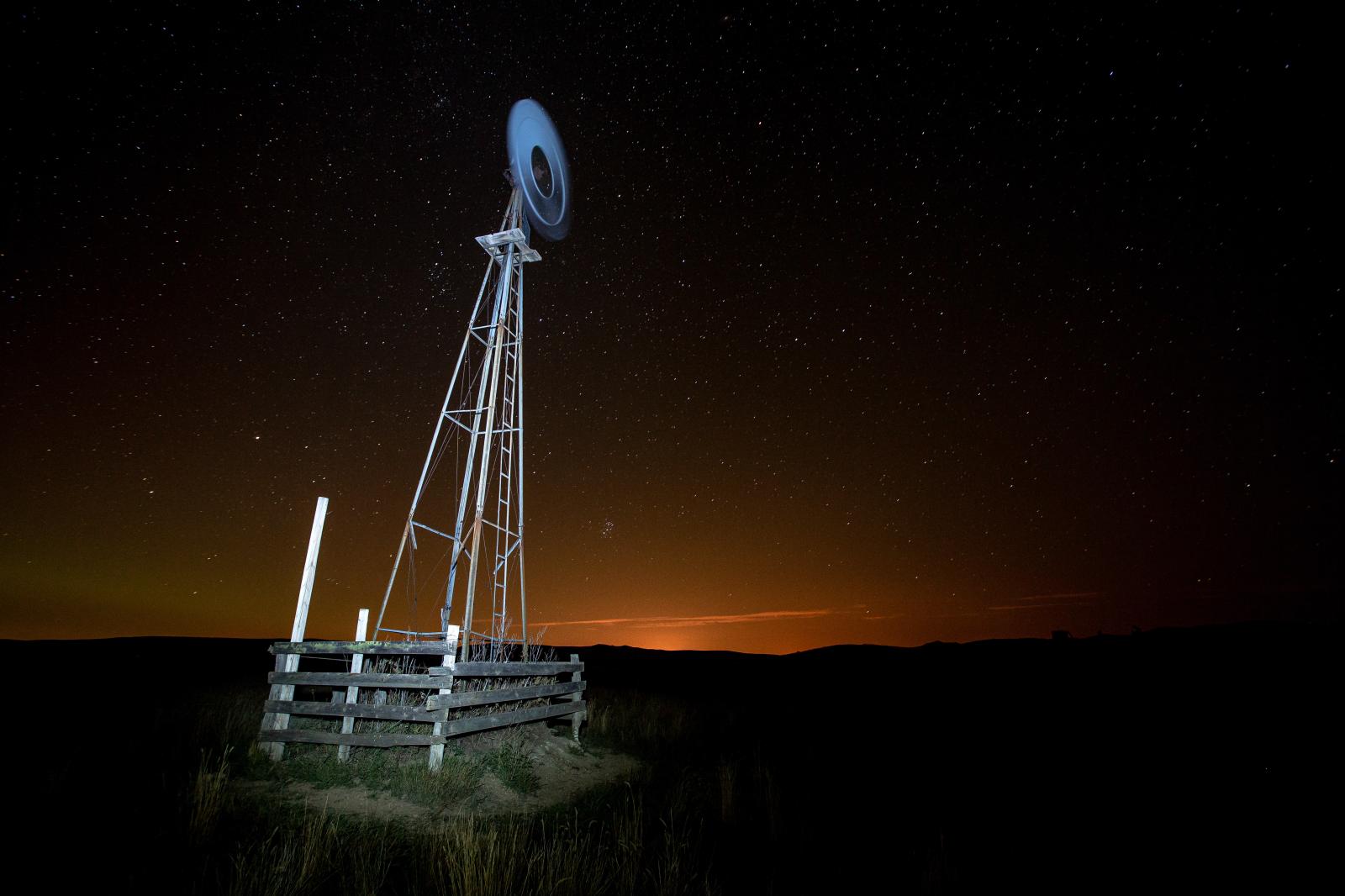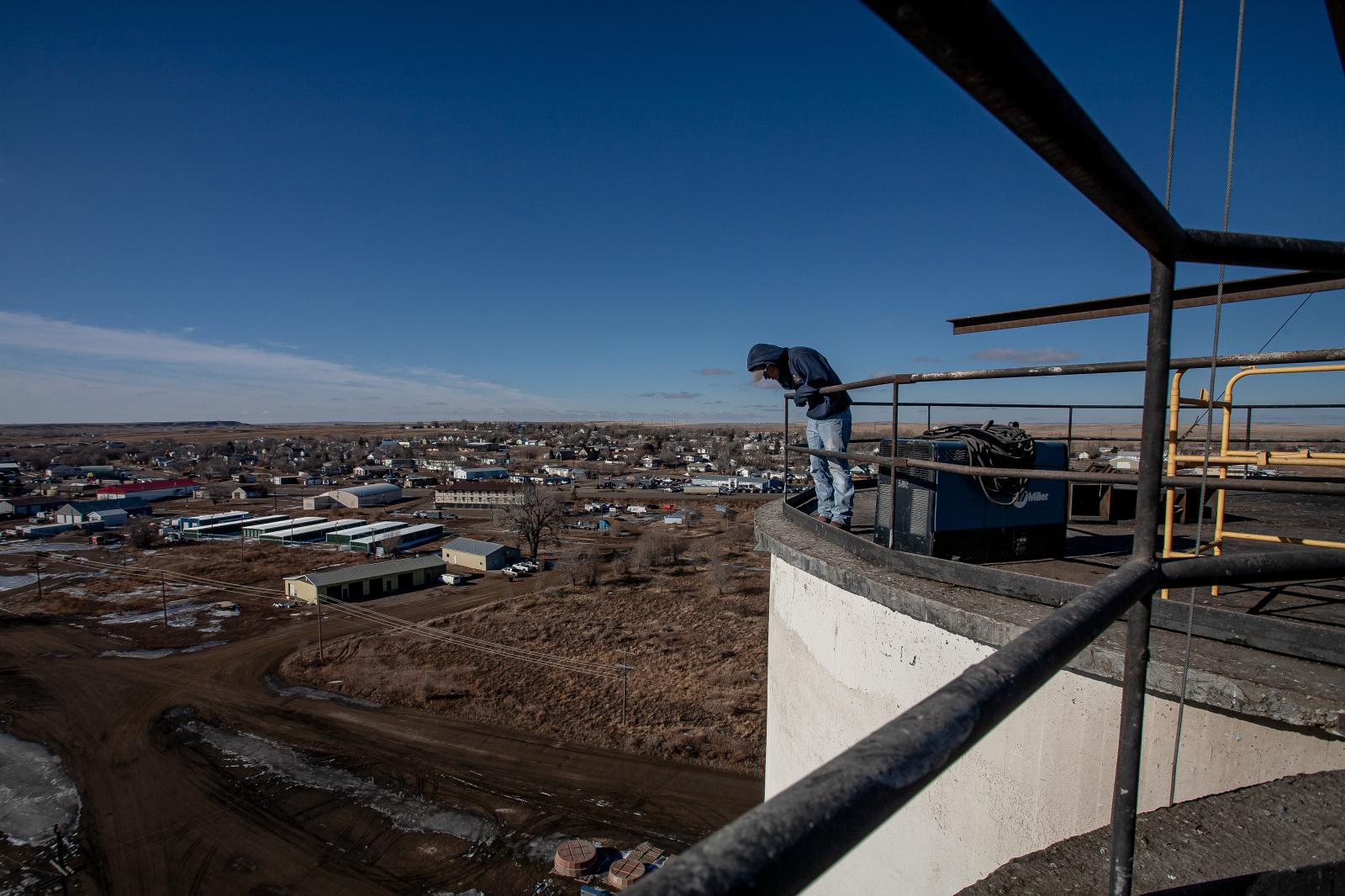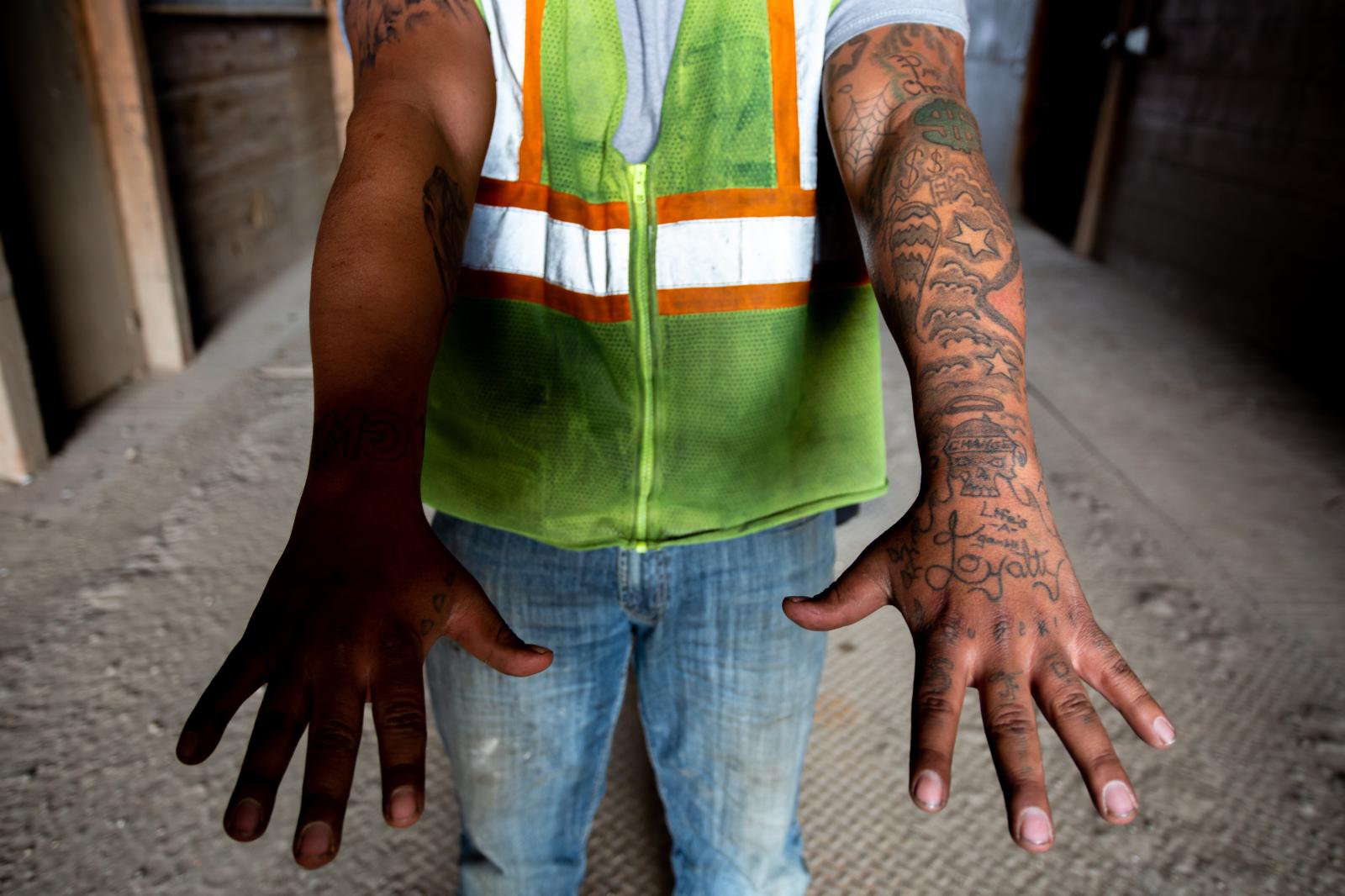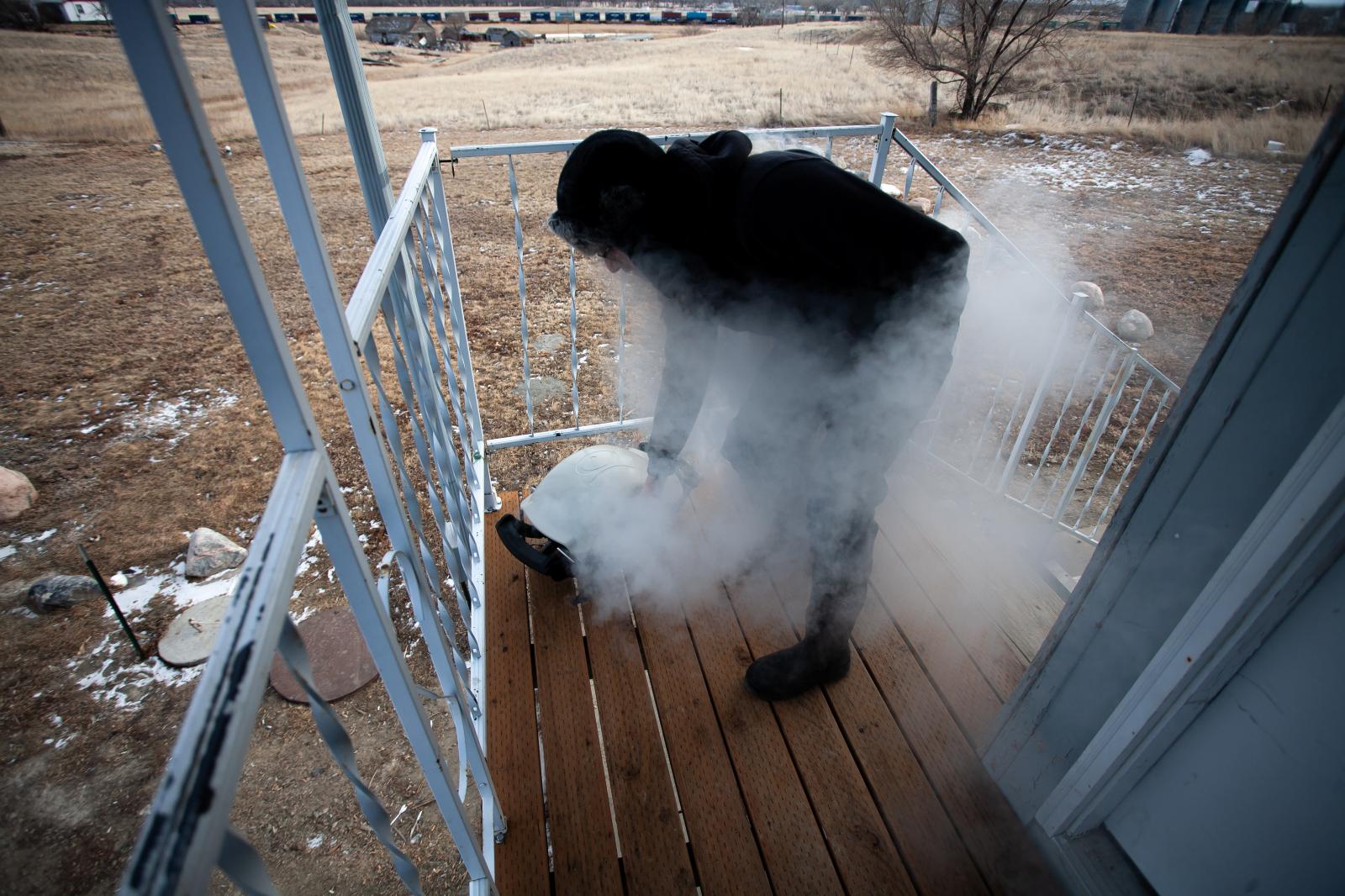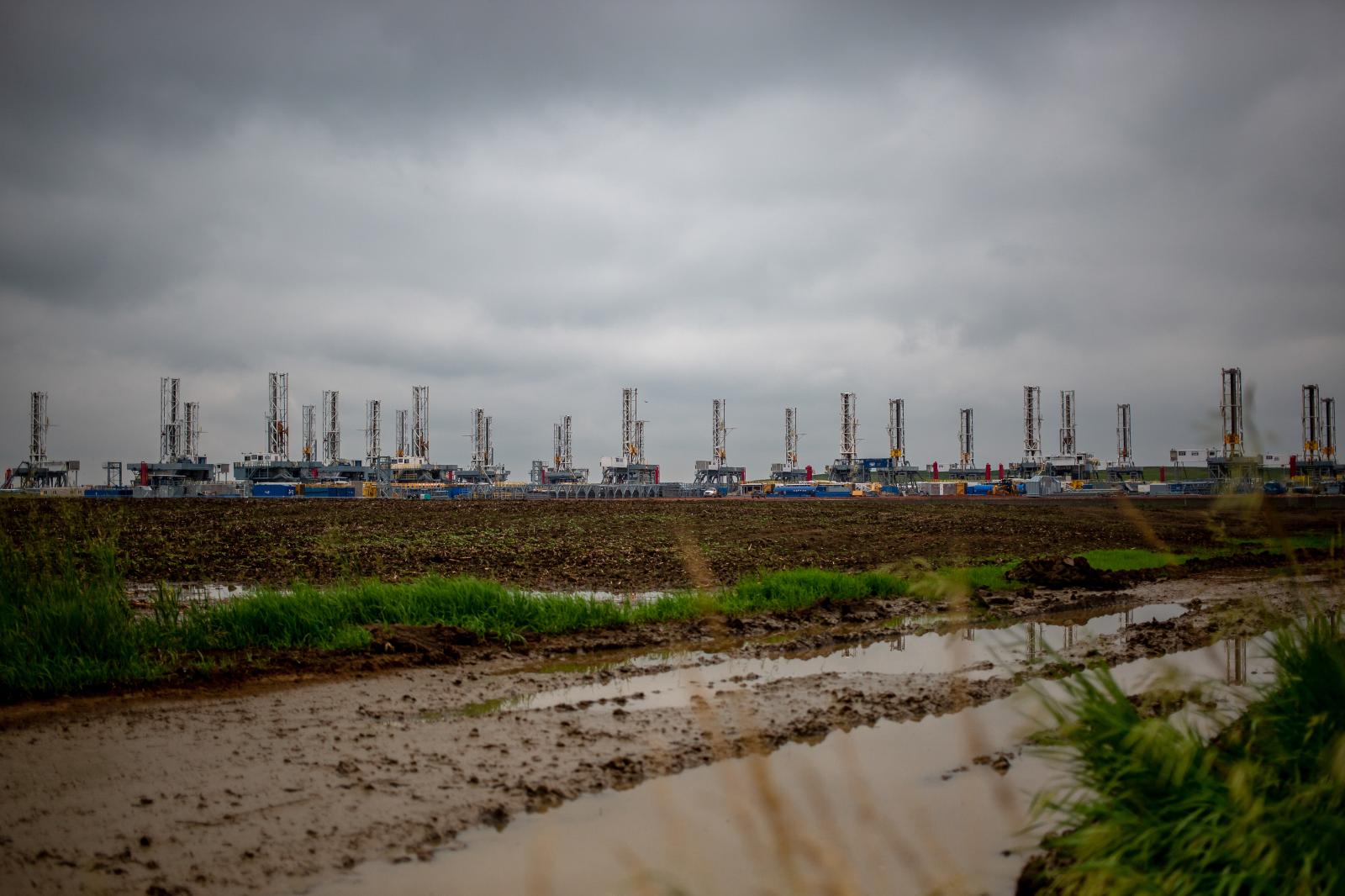Photographs & Text By: Chris Rusanowsky
North Dakota has become the center of conversation for a more energy-efficient move for the United States. With the discovery of oil in "The Bakken Shale" and hydraulic fracing, people from all over the country migrated to the rural towns of North Dakota. The rumors almost hard to believe that you could make six-figures as a roughneck attracted most of the new occupants. The majority of the oil field workers were male and would find themselves living in overpriced "man camps" provided by oil companies. The struggles of depression, fatigue, and below zero weather would make or break these men's charter.
I was 24; my truck was packed with clothing and camera equipment. I was looking for adventure, looking for a story. I ended up in The Bakken, the center of the North Dakota Oil Boom. My approach to cover the men in the oil fields would be from personal experience, for I was looking to tell how young Americans who traveled from all over were searching for opportunity. I was hired to work at a frac sand storage facility that stored and loaded semi-trucks with a critical ingredient for hydraulic fracking. I felt the only way I could understand these men in The Bakken was to work alongside them.
The night shift was cold, lonely, but the one thing that kept you going was the other men around you. Almost every night, equipment would break, and production could not stop; millions of dollars were at risk. You were a gear in a machine that is hunting for black gold. To many of us, young men, this was our first time working with heavy machinery. Too many of us, it was our first time out of our parent's house. The money was good, and the work was hard; it was something many fathers would have been proud of seeing their sons do—a real American dream.
The land of Nort Dakota was not the most friendly of places. Many of us workers would experience challenges that we did not aspect to see, and these challenges had nothing to do with work. The Bakken was mainly a population of men; a small population of women worked in The Bakken, which created an environment of competition, aggression, and loneliness. People need companionship, and when they can't find it with a relationship with the opposite sex or a family member, they find it with the ones around them. My story is focused on this brotherhood and being allowed to love a stranger as your brother. A frac sand worker named Jeremy Fyfe explained in an interview, "It is like I have family, not friends."
These photographs don't show oil; they don't show industry production. These photographs show a human connection with men and the land. Moments collected together that documents a time where you had to seek the opportunity to start a life in this country, a moment where Americans came together to achieve a goal. These moments are of sons, brothers, young fathers, and boys who will later become men.
I still carry little things after two years from the oil boom, but most have been buried with six years of memories and experiences. The one thing that will never leave my memory is of the men I met on The Bakken's long cold nights.

